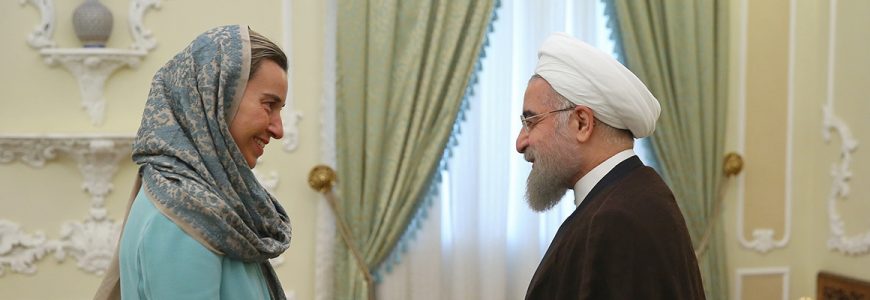
Despite months of E3-US negotiations to avert an unnecessary crisis over the Iran nuclear deal, President Trump has declared a hard exit from the nuclear agreement. The decision demonstrates that the US has decided that confrontation with Iran is both necessary and inevitable, regardless of what European allies think. The US administration looks set to increase tensions with Tehran and promote an implosion of Iran’s economy in ways that significantly increase risks of greater military escalation in the Middle East. Moreover, in the coming weeks, United States looks set to lead an economic and political assault on European interests.
The E3 should now acknowledge that its negotiating tactic of accommodation and comprise with Trump has failed. If Europe is to have any influence forthcoming US policy on Iran, European governments should quickly shift tack, unifying behind a more assertive diplomatic strategy aimed at deterring the worst-case scenario of renewed Iranian nuclear program and more instability and violence in a region close to its borders.
European governments are clearly tempted to think that the delays in implementation of sanctions mean they still have time to persuade the US president to reverse course. But the US president has acted on his promise to fully withdraw from the deal. He is now supported in that view by key advisors who have long advocated a forceful stand against Iran, not just on the nuclear deal but also in terms of encouraging regime change in Iran. It should now be abundantly clear that the current US administration cannot be a partner in salvaging the deal.

